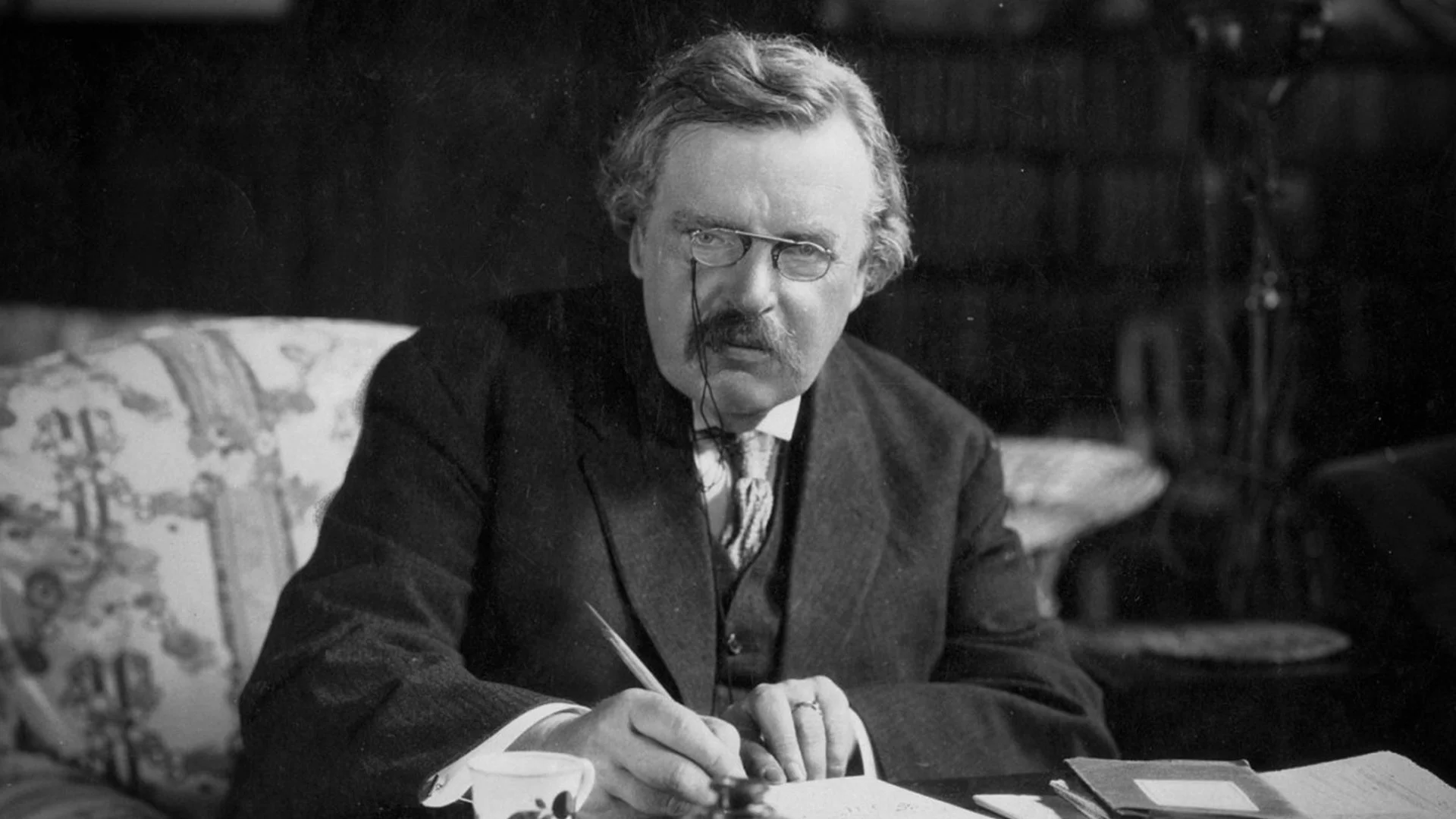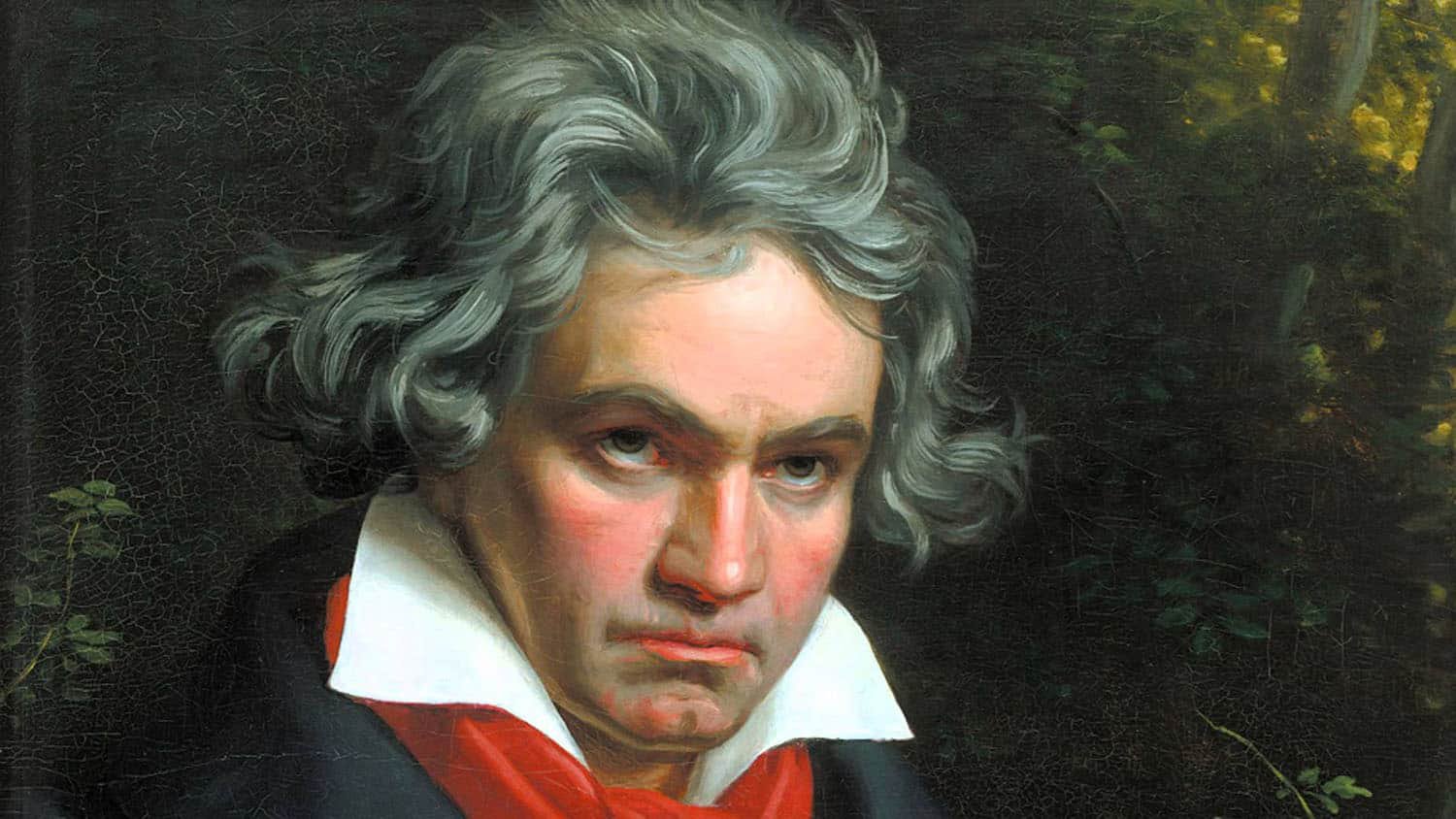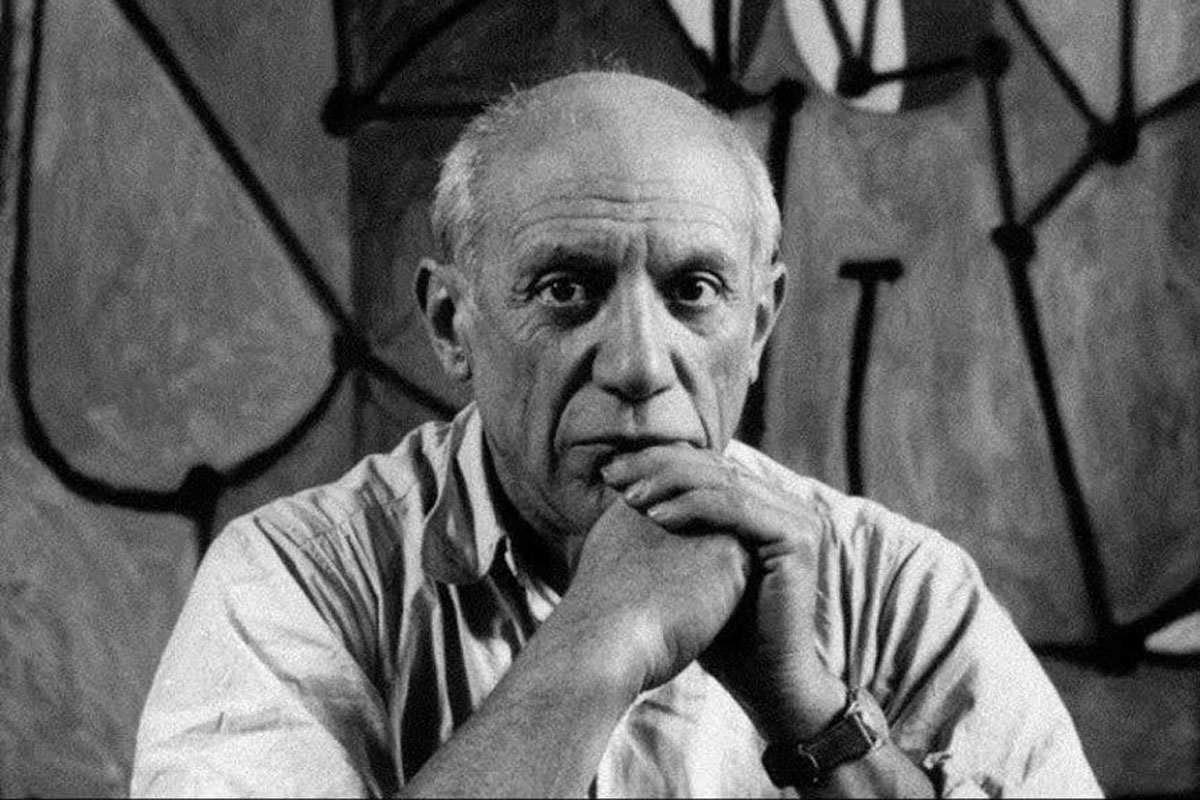This series of articles seeks to examine the character attributes of highly successful leaders, regardless of their adherence to a strong faith or moral standard. In presenting these thoughts, Leadership Ministries is not agreeing with or advocating these traits or practices, but rather presents these as ideas for discussion and development in your own leadership journey.
Fred McFeely Rogers (1928 – 2003) was an American television host, author, producer and Presbyterian minister. He was the creator, showrunner, and host of the preschool television series Mister Rogers’ Neighborhood, which ran from 1968 to 2001. He earned a bachelor’s degree from Rollins College in 1961, and a bachelor’s degree in divinity from Pittsburgh Theological Seminary in 1962. His television show ran for 33 years, and was critically acclaimed for focusing on children's emotional and physical concerns, such as death, sibling rivalry, school enrollment, and divorce.[1]
Rogers had a difficult childhood and was shy, introverted and overweight. He was frequently homebound, suffering from bouts of asthma. He learned to play the piano at age 5. He spent much time alone, playing with puppets, and interacting with his grandfather. Rogers would create his own worlds in his childhood bedroom, an imagination that would serve him later when he went into television. He overcame his shyness in high school, where he became president of the student council, a member of the National Honor Society, and editor-in-chief of the school yearbook.
François Clemmons was the first African-American actor to have a recurring role on a children’s television program, playing Officer Clemmons on Mr. Rogers’ Neighborhood for more than 25 years. Photo: PBS
Rogers received more than 40 honorary degrees and several awards, including the Presidential Medal of Freedom in 2002 and a Lifetime Achievement Emmy in 1997. He was inducted into the Television Hall of Fame in 1999. He influenced many writers and producers of children's television shows, and his broadcasts provided comfort during tragic events, even after his death. Considering many of today’s American leaders were regular viewers of Mr. Rogers’ Neighborhood as children, his principled teaching had a lasting impact across multiple generations. Consider some of his best practices:
Seek personal connection. Mr. Rogers had a way of communicating clearly and plainly about difficult issues. He listened intently—even when the speaker was on the other side of a television screen. He was not cynical. The goal of his life’s work was to provide a children’s television program that encourages respect, compassion, integrity, and humility.[2] Children formed a lasting and personal connection with Mr. Rogers.
Mr. Rogers wanted all children to feel like they belonged in his neighborhood. He believed that every person brings something special to the world and he had the patience to appreciate every child and adult he encountered. He sang a song during his program entitled, “It’s You I Like”, which expressed his belief that every person has value and deserves genuine connection. Rogers said, “All of us, at some time or other, need help. Whether we’re giving or receiving help, each one of us has something valuable to bring to this world. That’s one of the things that connects us as neighbors—in our own way, each one of us is a giver and a receiver.”
Be kind to everyone. One of Mr. Rogers’ greatest character traits was kindness. He taught children to be kind to adults and especially to other children. He said, “There are three ways to ultimate success: The first way is to be kind. The second way is to be kind. The third way is to be kind.”[3] Mr. Rogers asked people (often very sick or physically weak people) to pray for him. People who had only been recipients of help were given the opportunity to deliver help to someone in need. It was empowering. He often encouraged children to think about what they said to others: “Imagine what our neighborhoods would be like if each of us offered, as a matter of course, just one kind word to another person.”
Rogers puppeteer and voiced the characters in the “Land of Make Believe” on his television program. Photo: PBS
Be optimistic. For Fred Rogers, the days in his neighborhood were truly beautiful. He looked for the positive aspects of everything, including of others. His encouragement and cheerfulness were genuine and thoughtful, yet were far-removed from the Land of Make Believe and more closely aligned to the realities that we all live with. Fred Rogers answered all of his fan mail himself—every single letter. He was, in his own words, someone who “helped you become who you are…who cared about you and wanted what was best for you in life.”
There will only ever be one Mister Rogers. But we can model aspects of his behavior to become our best selves and show that to others. His lessons are equally as applicable for adults inside and outside of the business world. When you’re a leader who is trying to make a change— whether it’s organizational, operational, or technological—Rogers reminds us that we set the culture of an organization by the behavior we demonstrate every day. Rogers died of stomach cancer in 2003, at the age of 74.


































Frank Winfield Woolworth was an American entrepreneur, and founder of the F. W. Woolworth Company. He pioneered the retail variety stores which featured low-priced merchandise selling for 5 and 10 cents.